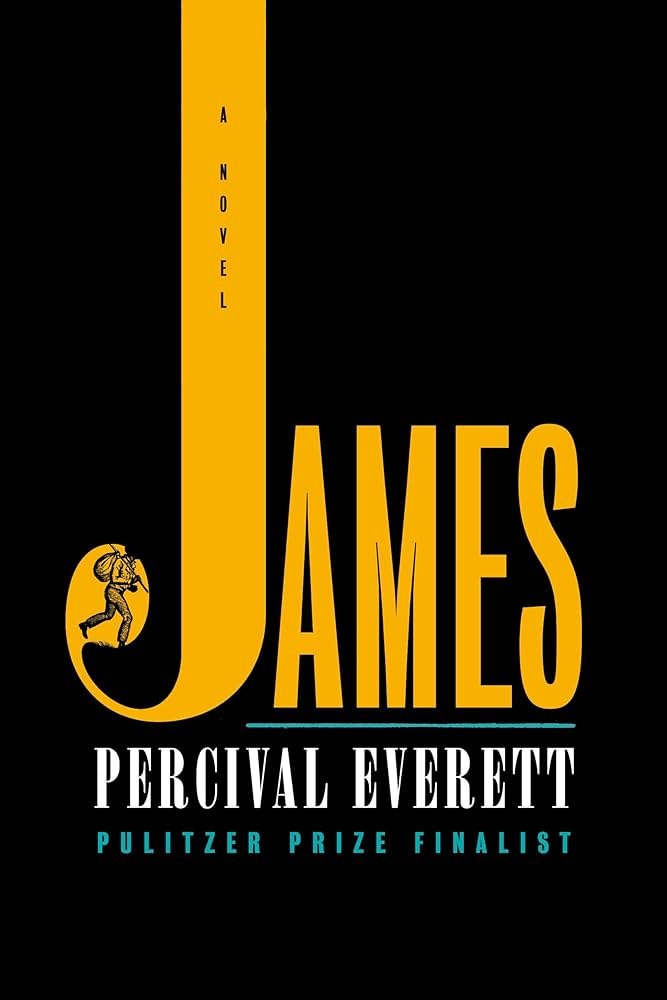[Book Review] James by Percival Everett
In Wishful Drinking, Carrie Fisher recaps her tumultuous life as she attempts to hang onto her own memories in the wake of electroshock therapy.
Let’s start here for anyone who doesn’t know; this is a retelling of The Adventures of Huckleberry Finn from Jim’s perspective. I went back and forth about giving this five stars, but giving a perfect score to a re-write of a classic just felt wrong. That said, even when I knew what was coming next, I found myself unable to put this one down.
For a white guy born in 1910, Twain’s original depiction of Jim (ahem, James) and Huck’s relationship is pretty nuanced; for me, that tenderness was the highlight of the original work. Still, it would be fair criticism to point out that Jim’s presence in the novel is really only relevant insofar as how he can help Huck. He’s a prime example of the “magical negro” trope that plagues so much of American literature, film, and television.
In James, Percy Everett posits that actually, through a relentless commitment to code switching, James was able to conceal his vast intellect, thereby making himself more palatable to the unimaginative and self-inflated white people around him. The use of this tool works so well because it could be interpreted as doing these two things simultaneously:
1) It seems to let Twain off the hook for his heavy handed abuse of AAVE when it came to writing Jim’s dialogue. After all, the original story was from Huck’s perspective, and as a boy, he couldn’t have understood the nuance of Jim playing up his blackness to appease his masters.
2) It ALSO seems to be an indictment of Twain’s own inability to imagine a runaway slave being smarter and more worldly than his white masters. Every character that guffaws at James’ proper English serves as a searing criticisms of Twain’s unwillingness to give the character an ounce of agency.
Aside from that, the supporting cast were well thought out, and the predicaments James found himself in while apart from Huck were somehow both gut wrenching and comical. I mean, a black man going under cover as a white man performing minstrel songs in blackface? Truly unhinged stuff. And as quickly as Everett would drop a joke in, he rips the reader back into the harsh cruelty of the pre-war south. It’s a whiplash that, for me, gave some insight into how coping with living in this hell might feel like.
The only knock I have against the book is the pacing in the last hundred pages. One minute it felt like James had no idea where to go next, and the next the book’s plot was being nearly tied up. I liked the ending, but it felt like it just sprung up out of nowhere.
.






